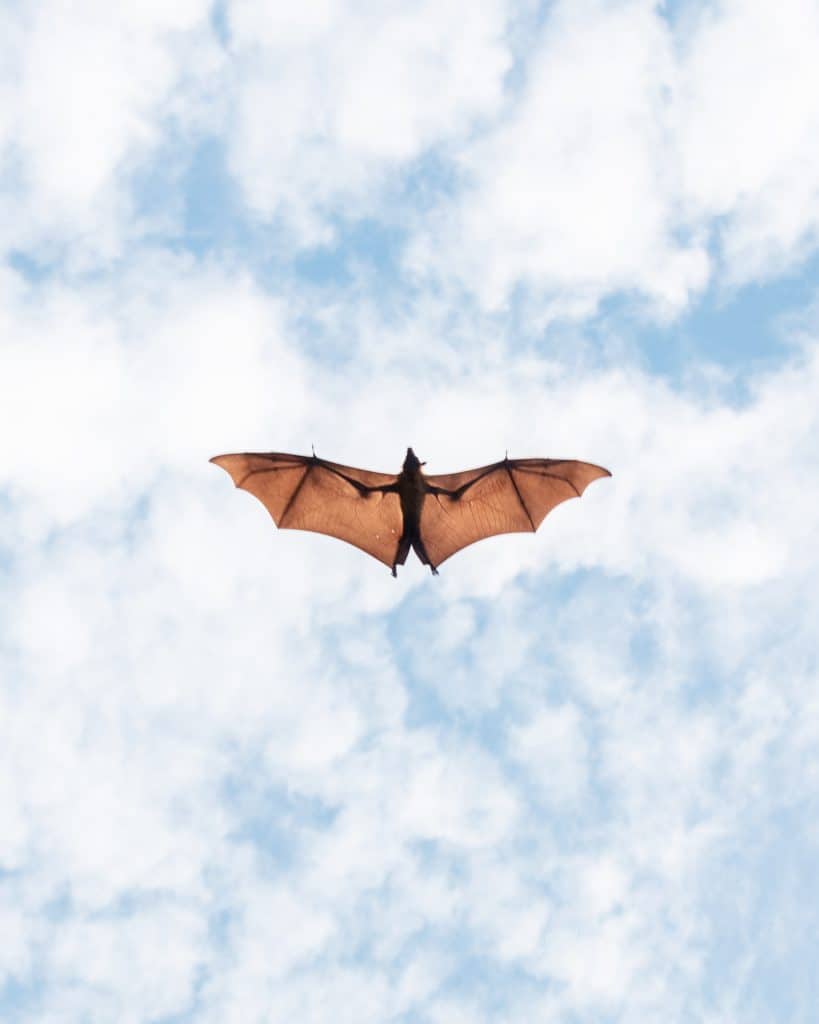
Trial of mRNA first Nipah virus vaccine
pharmafile | July 13, 2022 | News story | Research and Development |
The National Institute of Allergy and Infectious Diseases (NIAID), part of the National Institutes of Health, has launched an early-stage clinical trial evaluating an investigational vaccine to prevent infection with Nipah virus.
The experimental vaccine is manufactured by Moderna, Cambridge, Massachusetts, and was developed in collaboration with NIAID’s Vaccine Research Centre. It is based on a messenger RNA (mRNA) platform, the same technology as that used in several approved COVID-19 vaccines.
“Nipah virus poses a considerable pandemic threat because it mutates relatively easily, causes disease in a wide range of mammals, can transmit from person-to-person, and kills a large percentage of the people it infects,” said NIAID Director Anthony S Fauci, MD. “The need for a preventive Nipah virus vaccine is significant.”
NIAID is sponsoring the Phase I clinical study, which is being conducted at the NIH Clinical Centre in Bethesda Maryland.
Nipah virus infection is a zoonotic disease. Fruit bats are the natural host for the virus. The first known outbreak of the virus occurred in Malaysia and Singapore in 1998, and resulted in 265 human cases and 105 deaths. The outbreak additionally caused significant economic damage to swine industry there.
The virus can cause mild-to-severe disease, rapidly progressing from respiratory infection symptoms to encephalitis, (brain swelling), leading to coma or death. It is estimated that 40% to 70% of those infected with Nipah virus die.
Most cases of transmission occur via animal transmission. However, person-to-person transmission does occur.
The experimental mRNA-1215 Nipah virus vaccine will be tested in a dose-escalation clinical trial, to evaluate its safety, tolerability, and ability to generate an immune response in 40 healthy adults ages 18 to 60 years.
NIAID’s published its Pandemic Preparedness Plan earlier this year. The plan established a framework to study viruses of pandemic potential, and prioritise research on prototype pathogens, such as Nipah virus. This is the first clinical trial using the prototype pathogen approach since the plan’s publication.
There is currently no licensed vaccine or treatment for Nipah virus infection.






